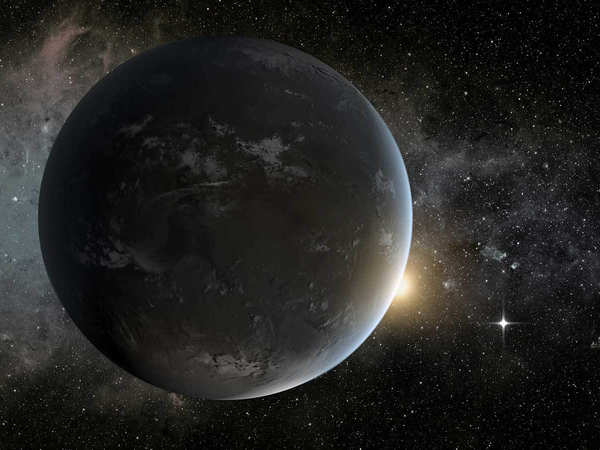
Schitt’s Creek star #DanLevy lashes out at an Indian channel for censorship on the show - by @SanchDash
businessinsider.in/entertainment/…
businessinsider.in/entertainment/…

Canadian actor and the writer, producer of the immensely popular comedy show Schitt’s Creek Daniel Levy (@danjlevy) lashed out at the Indian arm of a global television channel for allegedly censoring a kiss between the two leading men of the show.
Levy took to Twitter about the censorship of gay intimacy on particularly the Indian channel. @danjlevy had pointed out a snippet from the show that Comedy Central India had shared on Twitter in March 2019 when the show was being aired on the channel.
As people began to confuse it between the American Comedy Central, Levy went on to write, “I thought I made this pretty clear but for those who are confused, this is about a channel in India.”
Business Insider has reached out to Comedy Central India for comments.
Business Insider has reached out to Comedy Central India for comments.
#SchittsCreek has been lauded for its inclusivity and positive representation of #LGBTQ relationships. The Canadian show recently made a splash at the Emmy Awards this year, being the first to sweep all the major awards in the comedy category.
Even during his #EmmySpeech, Levy had spoken about the inclusivity on the show. “Our show at its core is about the transformational effects of love and acceptance and that is something we need more of now than ever before,” he had said.
#Censorship in India
Censorship in India has been a rising issue across television channels, as well as #OTTplatforms like Netflix, Amazon Prime and Hotstar.
Censorship in India has been a rising issue across television channels, as well as #OTTplatforms like Netflix, Amazon Prime and Hotstar.
Earlier, #AmazonPrime had censored scenes containing nudity from the popular show Marvellous Mrs. Maisel, and that wasn’t the OTT platform’s first tryst with self-censorship in India.
#Netflix has also been subject to public ire for censoring V#ikingsSeason5, where nudity, violence and other gory content was blurred. However, Netflix had then said that the content shown was what it received from #History18, the original broadcaster of the series.
Film and television bodies in India have long been moderating content on public platforms, including television channels. Recently, with the growing popularity of OTT platforms, the threat of censorship has extended over to @netflix, @PrimeVideoIN, @DisneyPlusHS and others.
• • •
Missing some Tweet in this thread? You can try to
force a refresh







